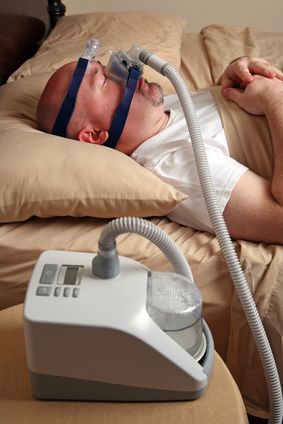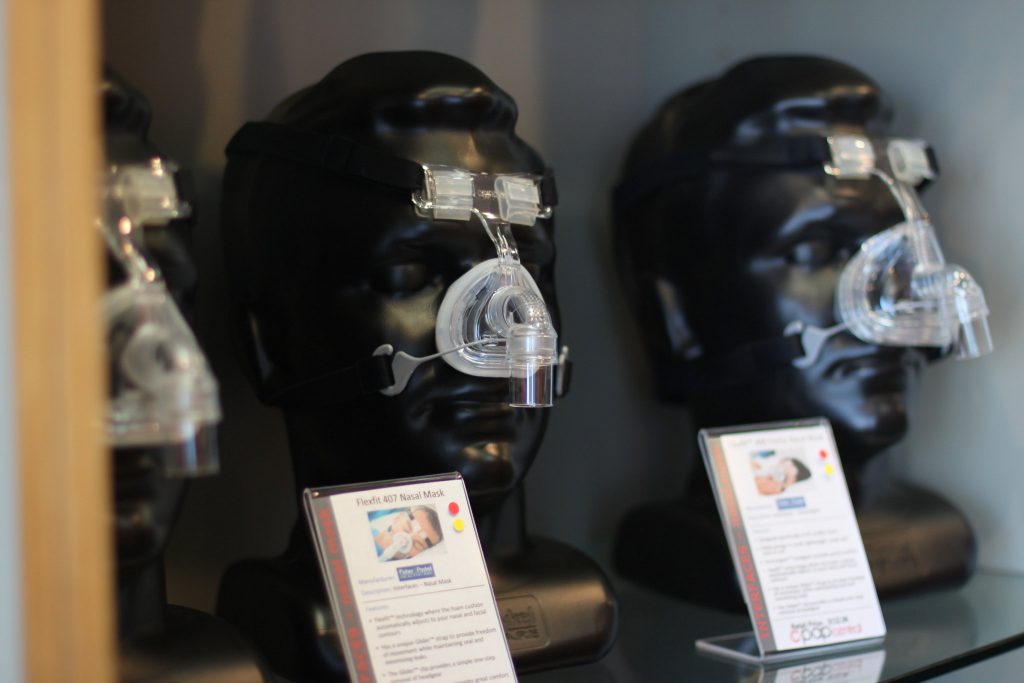Subscribe to the Newsletter
If you are interested in understanding how Traditional Chinese Medicine can improve your life sign up to my newsletter for the latest updates.

Key Learning Points
Sleep Apnea (also spelled ‘apnoea’) means you stop breathing during your sleep. It may be for a few moments or for many seconds. If it becomes chronic, your body and brain will be regularly starved of oxygen just when they should be renewing themselves.
It can happen every few minutes: 5-10 times per hour, so up to 80 times per night!
After sleep, when you should be fresh, you feel tired and under par.
With less energy ( ‘Qi‘ in Chinese medicine ) –
This condition is a serious threat to your health.
Not only is it associated with obesity but, because your metabolism then suffers from oxygen insufficiency, you burn fat less effectively so the condition can actually lead to increased fat.
This page explains current thinking in Chinese medicine about it, but first, here are the facts about the condition.
This is the commonest kind of sleep apnea. The other type is discussed below.
This is the other kind of sleep apnea. Although the symptoms are the same – or at least, not enough research has been done to establish differences – this apnea emanates from a miscommunication between the part of the brain that controls breathing and the chest muscles that do the work.
One meditator, who said he sometimes used meditation in bed to get back to sleep if he woke, reported to me that he thought this kind of sleep apnea had occurred to him a number of times.
His explanation was that, lying supine whilst meditating, he thought he had relaxed so much that his breathing had slowed down then stopped. He found that he returned to full consciousness desperately needing to breathe deeply for a while, with great sighs. His partner, a light sleeper, had never noticed this during his normal sleep.
In terms of Western medicine (a discussion on sleep apnea from the Chinese medical point of view is below), it happens when there is either or both of
There are four main syndromes that describe or explain the condition in Chinese medicine. They are often interlinked.
Find out far more about these by clicking on the links but briefly these syndromes arise as follows.
The Spleen in Chinese medicine turns food into Blood and energy – Qi; it keeps things in place; it governs how we process things and it clears out garbage. You could say that like a concerned parent, it feeds you and makes sure you are ready to go to school.
When its function fails for some reason,
As regards sleep apnea,
Phlegm has a special place at the heart of Chinese medicine. It turns up all over the place, in different forms. If you see a practitioner of Chinese medicine or acupuncture who, after you’ve explained your problem, looks sort of broody, he is probably diagnosing Phlegm: it gets blamed whenever he can’t quite work it out. (Mind you, it could be Damp!)
Also, see our page on Phlegm After Eating.
The acupuncture channels that pass through the throat, pharynx, nose and mouth – ie airways – are all involved in maintaining their health. These include (but I have not included them all):
(Words like ‘primary’, ‘divergent’ and ‘sinew’ are names of the main acupuncture channels and their off-shoots which are not usually shown in basic books of acupuncture meridians.)
With Sleep apnea, any of these could be involved. Consequently, for example, chronic Lung problems make more likely both snoring and difficulty breathing, including sleep apnea. Even if you only had a cold/virus, and it took longer for you to recover than expected, even without antibiotics, your Lung Qi function may have decreased making you more likely to snore etc.
Long-term, as you age, your Kidney energy weakens. Because in Chinese medicine your Kidney energy (please do not confuse this with your kidney organs or your bladder organ) is the support for all your other Zangfu, as it weakens, ie as you age, problems start to happen along the channels ruled by those Zangfu.
From this point of view, the tissues round the throat and in the nose and at the back of the mouth all tend to weaken with age, increasing susceptibility to snoring, poor tone, and Liver Qi stagnation.
Qi Stagnation is a big subject (I’ve even written a book about it) and it can have many causes, not the least of which is emotional. If Qi stagnation has developed in you over a period of time, one of your Zangfu most affected will be the Spleen.
Spleen Qi stagnation leads to an increase in the problems mentioned above under Spleen, but with tension in the muscles too and, often a sense of a lump in the throat.
That lump may or may not be tangible phlegm-catarrh, but the genius of Chinese medicine is to realise that whether or not a lump of catarrh exists, one can treat it as such. So treatments for Sleep Apnea (in Chinese herbal medicine or acupuncture) often include action to clear Phlegm and soothe away Qi stagnation.
Blood Stagnation is another big subject. The idea behind it is foreign to Western medicine, although its effects are recognised. If Blood fails to circulate correctly, then your tissues will not repair properly.
There are many (bad) consequences of having Blood Stagnation. They include poor circulation, and stopping Qi moving as it should. This then prevents the Qi of your Lungs flowing properly, causing sleep apnea.
Blood Stagnation seldom cures itself and may need extensive treatment to ‘cure’.

Stay in Touch!
No spam, only notifications about new articles and updates.

Book a Video consultation if you want to know more about your symptoms

Acupuncture and Chinese medicine can often HUGELY help sleep apnea. But YOU must make some changes, otherwise you’ll fall back and be wasting your money and time on the treatment.
So what can you do to prevent or reduce Sleep Apnea?
For some people, using a tooth mouth guard helps how their jaw behaves.
Sleep apnea is not a joke. It can lead to serious health problems. Please do try some of the suggestions above.
Click the following links to find out more:

Why You get Nervous Stomach Anxiety and How to Handle It. Acupuncture has great ways to help.
Subscribe to the Newsletter
If you are interested in understanding how Traditional Chinese Medicine can improve your life sign up to my newsletter for the latest updates.
Subscribe to the Newsletter
If you are interested in understanding how Traditional Chinese Medicine can improve your life sign up to my newsletter for the latest updates.
2 Responses
WONDERFUL HELP
Dear Mr.Willmott,
I have been plagued with extreme fatigue, dry mouth, snoring, and sleep difficulties for some time.
I am a board-certified nutritionist and I don’t like western medicine or the quality of “treat the symptom with a drug” mentality……….so thanks to you I will find an AC physician in davenport fla where I have resided for 20 years, it is so wonderful to see how much you care
Leigh
Dear Leigh
Nutrition is a wonderful subject but Chinese/Asian culture treats it from a very different point of view.
In modern society it’s easy for us to lose sight of how they practised life for health, the pace at which they lived and their immersion in the seasons and cycles of life.
We’re used to the quick fix and although the techniques we’ve learned, like acupuncture and its many derivatives such as applied kinesiology and reiki offer a quick fix or ‘re-set’, the way we live and eat often antidotes their good effects.
So it’s good to work towards the slower, more aware way of life, and learning to cook and eat using the traditional Chinese cultural knowledge can hugely improve our health and energy.
I hope your acupuncturist can help you find your way again!
Best wishes
Jonathan